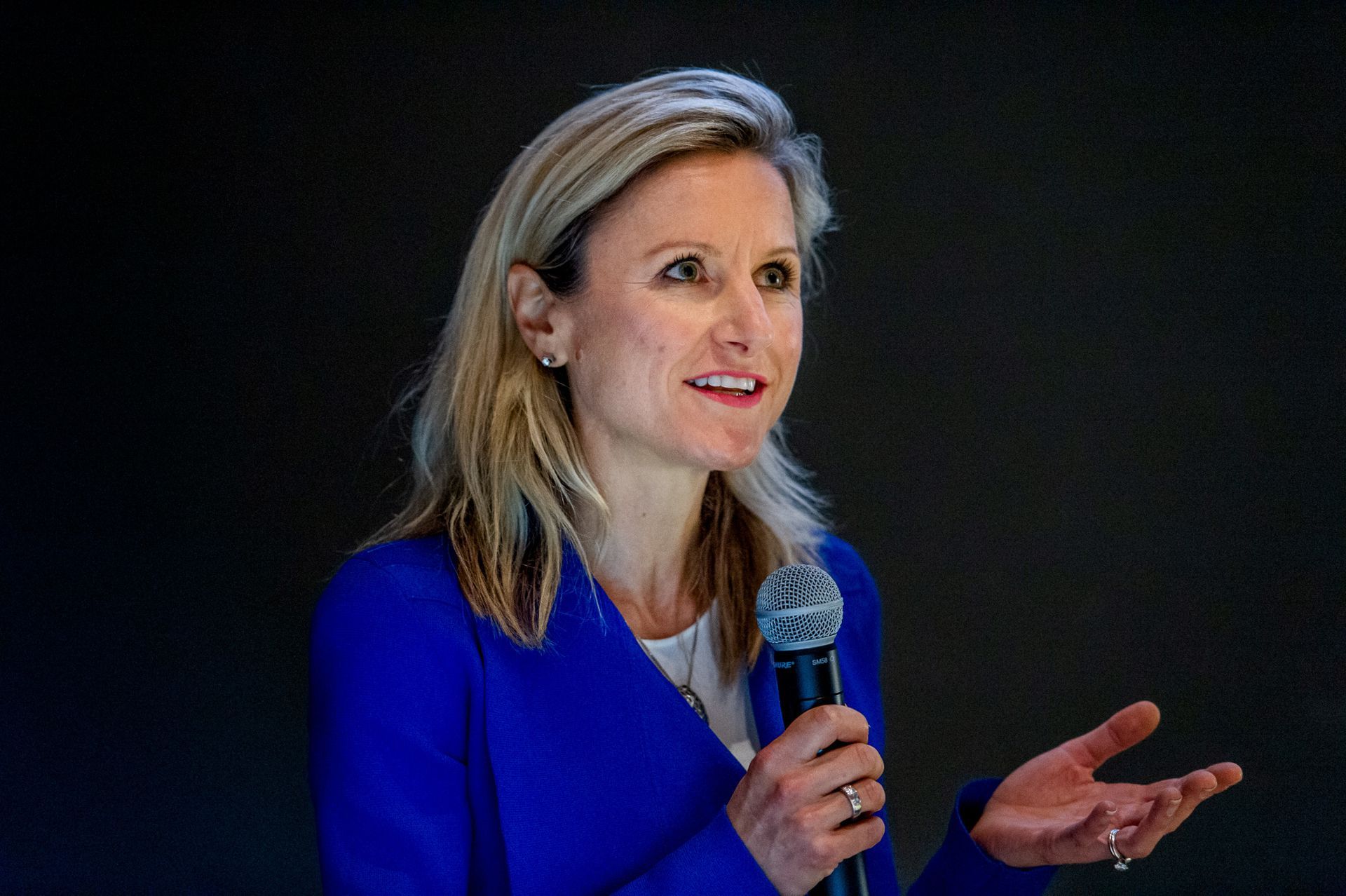Should You Cover Up Tattoos and Piercings for an Interview?
Should You Cover Up Tattoos and Piercings for an Interview?
Posted on February 21, 2018
If there is one subject that can incite debate and carve a division through layers of opinion, it’s the matter of tattoos and piercings in the workplace. Often worn like a badge of honour and a token of self-expression; body art has become mainstream and even admired in many circles. Recent research shows that more than a third of first-time inkers were 26 or older, and that one in five Australians has at least one tattoo, with this number continuing to rise.
So surely having a tattoo or piercing will be eclipsed by a candidate’s skills and experience. Unfortunately, not always. The 2018 workplace is so diverse and inclusive, but there are still many companies with dress codes that don’t look favourably on body art. So, the question is: Should you cover tattoos up or remove piercings for an interview?
An Employer’s Perspective
While we are now a long way removed from suits and briefcases being a requirement at every workplace, in many roles there is still the expectation of “professional” presentation. The Australian Human Rights Commission has laws in place to help prevent workplace discrimination but tattoos and piercings in the workplace is still an area of confusion for many employees and employers. Piercings and tattoos are always accepted for cultural and spiritual reasons, but otherwise, it’s a matter of taste.
The most common concern I hear from businesses (and also our candidates) regarding hiring staff with visible tattoos is about the image this presents to their customers. There is a worry that body art presents the wrong impression and that this could potentially drive away key business and tarnish their brand.
In an increasingly competitive landscape, businesses need to draw on every piece of artillery to remain viable and successful. In client-facing roles where relationships can be fragile, employers are looking for people who are as inoffensive as possible to do this, often reflecting the communities they serve. This obviously depends on whether you’re in a corporate role or not though. Positions in corporate workplaces and especially customer service are the least welcoming to body art, whilst those in creative workplaces are more likely to open their doors to self-expression. It’s a minefield of views out there! Businesses need to consider who their consumers are and who is best suited to engage them. As a candidate, it is important to put yourself in the hiring manager’s shoes when asking this question.
Our Advice: If Unsure, Give Yourself a Chance
The best way to fit in, before you stand out, is to do some research. Get a feel for the company; its values, culture and even dress code. Review their website, LinkedIn or simply speak with your recruiter. Do you know anyone who works there? Can you get a first-hand view of the dress code? Can you see any visible tattoos on anyone? Any exposed piercings? Take in to account the type of business it is and the image they are portraying. Who are their customers? If the role is in the head office of a multi-national corporate, it is safe to assume that it is more conservative. Whereas if your interview is at a start-up, say at a retail technology company, the benchmark may be different.
Next, consider the type of role you are applying for. What are the day-to-day tasks and responsibilities? Does the role involve face-to-face contact with external stakeholders, and who are they? If so, what image would the business like you to communicate?
Given there are so many grey areas regarding this topic, my advice to candidates is: when in doubt, cover up until you know for sure. As an individual you have every right to express yourself, but ask yourself this: Do I want to give a future employer any reason to say “no” that’s within my control?
In my experience, those who are willing to cover up their tattoos or remove piercings until they gain a better grasp of their new environment, often end up with more opportunities to choose from.
Final Thoughts
As a job seeker it can be difficult to navigate through the labyrinth of opinions to know what to do. We’re not suggesting that you change what makes you unique or prevent you from being yourself, but instead keep initial conversations focused on what truly matters: your achievements and your job relevant skills.
Then once at interview, it’s crucial that you also explore if the workplace is indeed a culture that you want to work within. This isn’t all one-sided!
If you’re ready to make your next retail career move, get in touch with us today for some timely advice or to take advantage of some of the best opportunities on offer.
Share this article











